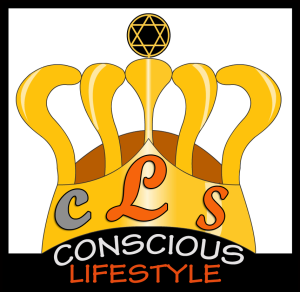Blog
Teshuvah or Tesjuvah – Elul
- July 31, 2012
- Posted by: admin
- Category: Bible study - Scriptures emotional entertainment Entertainment system God's temple/Tabernacle psychological spiritual system
The Hebrew word Teshuvah is usually translated as repentance.
In fact, there is a well known prayer recited on the High Holy Days that Teshuvah, Tefillah, and Tzedakah, translated as “Repentance,” “Prayer,” and “Charity” can avert (turn a way or turn aside) the evil decree.
Teshuvah is better translated as “return” and signifies a return to the original state.
Classically, Teshuvah is comprised of three ingredients:
1: regret of misdeed,
2: decision to change,
3: and verbal expression of one’s sins.
Technically, whenever one sins, one is mandated to do Teshuvah.
However, the Ten Days of Teshuvah between Rosh Hashanah and Yom Kippur are specifically designated for Teshuvah, when the gates of prayer and repentance are more open than at any other time during the cyclical Jewish year.
40 days of Teshuvah:
The season of Teshuvah which falls in the 6th month of Elul is made up of 40 days, also known as the days of seeking and returning back to the God of Abraham, Isaac and Jacob.
This season of Teshuvah begins from the new moon (first day) of Elul, and finishes on the day of Atonement which falls on the 10th of Tishrei.
The last 10 days;
The last ten days are the days when the Holy presence of Teshuvah climaxes to its highest pitch.
During those ten days; the books of judgement in the Heavenly Court room are open, and they are also closed during those ten days.
The books of Judgement are open on Rosh-Hashanah and closed on Yomkippur.
Part of the article taken from Chabad.org and part from The Council of Ngabo Ngabo.net
